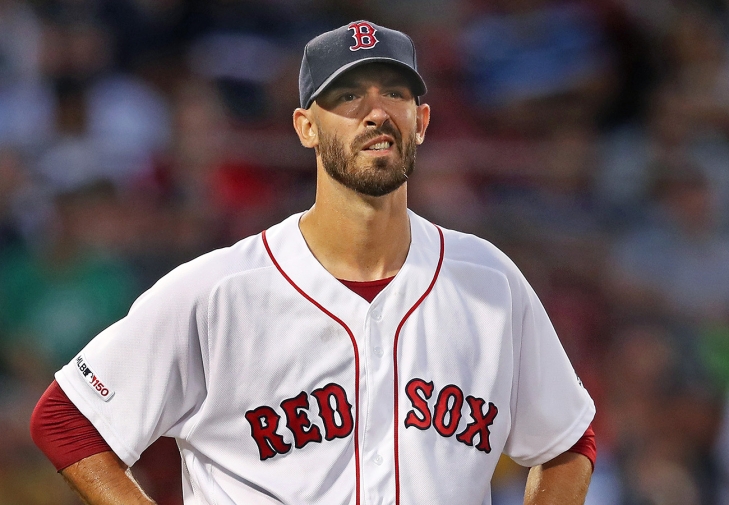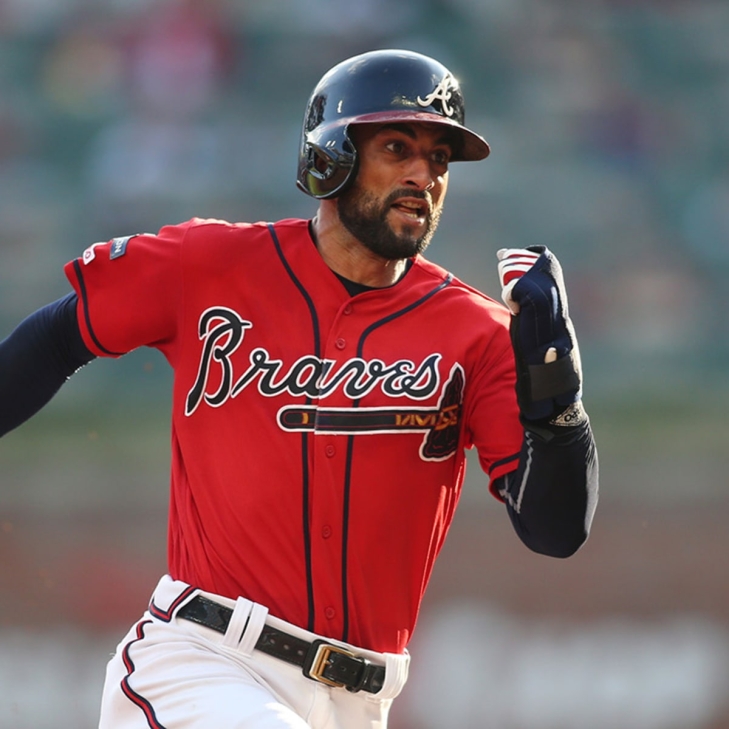
Committee Chairman
101. Ryan Braun
The first half of Ryan Braun's career looked like it was on a Hall of Fame trajectory. A two-time All-American at the University of Miami, Braun was considered a five-tool prospect and was the fifth overall pick in 2005, and he rose quickly, entering the Majors in 2007.
It was a great rookie campaign for Braun, winning the National League Rookie of the Year in a season where he belted 34 Home Runs and won the Slugging Title (.634) in a 113 Game year. Braun was a top star the next five seasons, a perennial All-Star in that span, with him also collecting five straight Silver Sluggers. Braun had at least 25 Home Runs and 100 RBIs in all of those five campaigns, winning the Home Run Title in 2012 (41) and the MVP the year before when he batted .332 (a career-high), blasted 33 Home Runs and led the league in Slugging (.597) and OPS (.994). He also was the MVP runner u in 2012 and was third in voting in 2008.
It all came tumbling down when a positive (very positive) PED test was released in late October, and Braun was able to get the suspension overturned on a technicality, all the while (falsely) accusing the tester of being an Antisemitic. Two years later, Braun was suspended when he was linked to Biogenesis, and he was forever labeled a steroid cheat.
He was never the same player afterward, though he was still a bona fide everyday player, just not a superstar. Braun retired after the 2020 Season, leaving Baseball with 1,963 Hits, a .296 Batting Average, 352 Home Runs, and 1,154 RBIs, all of which are more than respectable statistics.
Even without the PED scandal, is Braun still on the wrong side of the Hall of Fame ledger? He probably is, but Brewers fans knew for a time that they had a top-five star. Not many baseball players can make that claim.
Rick Porcello
Rick Porcello began his career in the Majors with the Detroit Tigers in 2009, winning a spot in the starting rotation. The right-hander proved competent, drawing groundball outs mostly off his two-seam fastball, and over his six seasons in Motown, he had a winning record of 76 and 63. The Tigers traded Porcello to Boston before the 2015 Season, and initially, it looked like the Red Sox regretted pursuing the Pitcher.
Porcello had a poor 2015 and missed the last two months due to injury, but he followed his worst year with his best. He led the AL in 2016 in Wins (21) and SO/BB (5.91), and he won both the Cy Young and Comeback Player of the Year. Porcello settled back to the mid-level Pitcher he was in Detroit over the next two years for the BoSox, and he concluded his career with a final season with the New York Mets in 2020.
Porcello had a record of 150-125 with 1,561 Strikeouts.
Nick Markakis
Nick Markakis was a First Round Pick in 2003 (7th Overall), where he joined the Baltimore Orioles system, save for a brief stop representing Greece in the 2004 Olympics.
Markakis became Baltimore’s starting Rightfielder out of the 2006 Training Camp, and he immediately was one of the more consistent hitters in Baseball. He batted at least .280 in his first seven years, with a five-year run of at least 180 Hits (2007-11). He was not the most prolific Home Run hitter, but he had 189 a pair of 20 Home Run years, both with Baltimore.
Markakis signed with the Atlanta Braves as a Free Agent in 2014, and though his power numbers were not as strong, he still had good campaigns with Hits and Average. He would have his lone All-Star year (2018) in Atlanta, also securing a Silver Slugger.
Defensively, Markakis won a pair of Gold Gloves, both with Baltimore (2011 & 2014), and while his skill set was not flashy, it was extraordinarily efficient. Markakis led his league position three times in Total Zone Runs and seven times in Fielding Percentage, which included a 398-Game stretch without an error.
Markakis completed his career with 2,388 Hits, 189 Home Runs, and 1,046 RBIs, solid numbers in any era.
Matt Wieters
Matt Wieters was one of the better defensive catchers in the early 2010s, leading the American League in Total Zone Runs by a Catcher three times and winning two Gold Gloves. Playing for Baltimore for most of his career, Wieters did not hit for average but had three consecutive 20 Home Run Years and was good enough to make four All-Star Teams.





